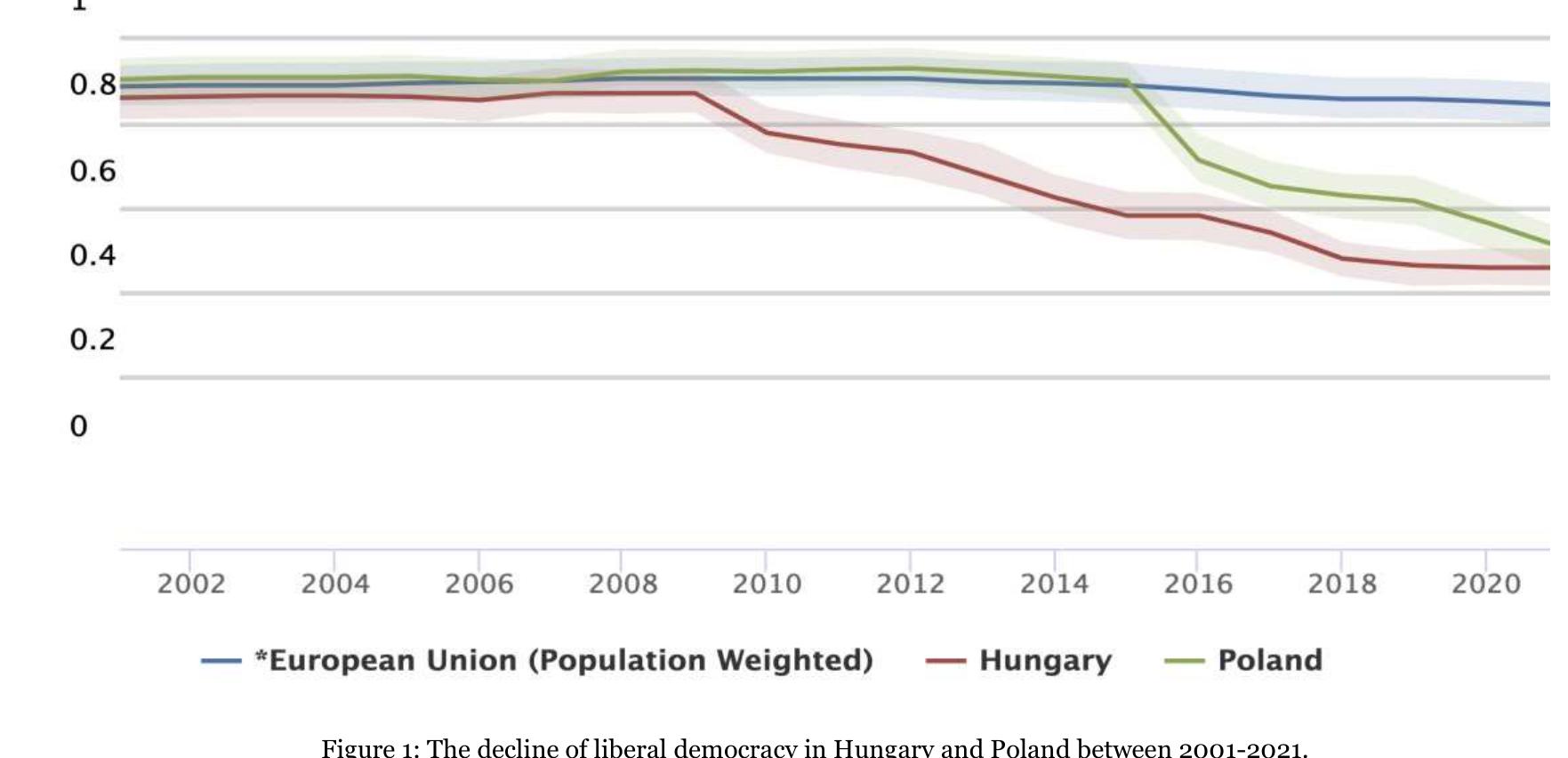Key research themes
1. How does media capture manifest through the interplay of political and economic powers in transitional democracies?
This theme investigates the multifaceted nature of media capture as a strategic alliance between government actors and vested business interests that systematically control and influence media content and ownership. It emphasizes the complexity of capture in developing or transitioning democracies, where formal regulatory capture intersects with informal political-business networks. Understanding these dynamics is crucial because media capture undermines press freedom, hampers journalistic autonomy, and distorts democratic discourse by converting media outlets into instruments serving private interests and political agendas.
2. How do mechanisms of media capture generate bias in political campaign coverage and affect democratic processes?
This research theme addresses the specific manifestations of media capture in the political campaign context, focusing on how vested interests coerce journalism to produce biased news outputs that favor particular political factions. It explores modalities of capture-driven bias—both active and passive—that compromise journalistic objectivity and manipulate public opinion, thereby impacting electoral integrity and citizens' ability to make informed decisions.
3. What are technological and practical innovations to counter or adapt to media capture challenges in digital and remote communication contexts?
This theme explores emerging software and hardware solutions in video communication and multimedia that can facilitate transparent, interactive sharing of physical and digital media objects. It engages with tailorability of video conferencing interfaces and multimedia players supporting embedded content, providing insights into how technology can be designed or adapted to promote participatory communication and reduce misrepresentation risks in captured media environments.





































